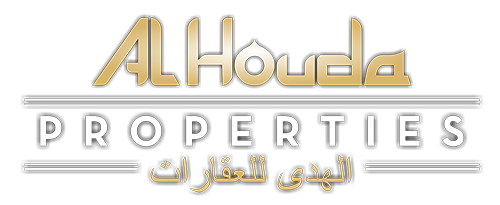The recommended steps when buying
In Spain, for the moment, anyone can exercise real estate brokerage without a degree or special training. This has made proliferate the number of people open to the public or privately estate agents without any training with the only requirement of having a mobile, speak languages and “good contacts”. This “loophole” has certainly caused many problems and misunderstandings both buyer and seller often difficult to solve, no doubt due to ignorance of the law and the lack of preparation.
Once you have decided on a property, the purchasing mechanism is very simple:
Signing the document book:
There are multiple ways to purchase a pre-closing, however we recommend mainly two:
Document earnest. It is a document by which the buyer gives the seller an amount towards the total price agreed with the possibility to terminate the contract, that is, losing the buyer these amounts if no purchase under the terms and conditions set forth or otherwise the seller to return duplicate these amounts. Normally this type of document for payment or small quantities not exceeding 5% of the price and short lead time for completion of the operation is used.
Document option. It is a document with the same philosophy as the earnest but that is signed when the amounts paid on account of the price is greater than 10% of the price and duration of the paper is longer term. The main difference of the deposit is that the seller is obliged to sell, subject to compliance with the agreed conditions, ie, no place to return twice by the seller without the consent of the buyer.
Caution: Always verify that the person signing the document and receive advance payments so authorized by the relevant document or power and thus included in the contract.
Once the previous document signed his agent is responsible for coordinating the entire operation between the various persons involved, from financing to banks, if any, until the signing of the final contract of sale before a notary public. Your agent will check include:
– Owner of the property.
– Location of the property charges.
– Location of the property payments to the community.
– Preparation of the contract before a notary.
– Verification of the last payment of services: water bills, electricity, gas, telephone, etc. and corresponding changes in ownership.
– Checking local tax payments to the city council.
– Supervision of the proper registration in the Land Registry of the contract notarized.
- Buyer: The major costs to the buyer when purchasing a property in Spain are:
-ITP Or VAT. (8% -10%) There are mainly two types of taxes when buying a home in Spain .: I.T.P (Transfer Tax) or I.V.A (value added tax). In both cases amount to (8% -10%) of the price, whichever ITP for existing homes and VAT for new. This tax, always paid by the buyer.
– Notary Fees. They are set by the state. They are usually 1% of the purchase price.
– Fees Land Registry. Also set by the State and also oscillate about 1% of the purchase price.
– Gestoría. Management fees for tax payments and registration. They usually have a cost between 300 and 400 Euros.
The buyer has 30 days after the signing of the deed of sale for payment. Still, we recommend that the amount of these expenses are paid as soon as possible because it depends on a quick registration in the Land Registry for the new owner.
Seller:
ECONOMIC GAINS. Whether the seller is resident in Spain or not, you must pay 21% of the profits from the purchase and sale of housing, after deducting expenses. If the seller is a nonresident alien in Spain, the law requires the buyer to withhold 3% of the sales price at the time of the signing of the notarial contract. This retention will have to enter the buyer within 30 days in the tax administration and go to account Capital gains tax Patrimoniales seller (21%) cited above.
MUNICIPAL capital appreciation. It is a tax generated based on the years he has been owner and the cadastral value of land. Its calculation is done by the council once the sale. Balearic usual this tax is also paid by the buyer, although according to law is the seller who is obliged to pay for it is he who benefits from this theoretical monetary increase. Therefore, it is negotiable.
Owner:
Since we own and now we want to know what taxes and expenses will I pay annually for my property.
I.B.I. (Contribution Urbana) is a local tax managed by municipalities. It is annual payment and is paid in a single receipt. The amount depends on the location and size of the property.
Rubbish collection tax. It is a local and annual tax. The amount varies between € 100.- and € 200.- per year.
Statement of income. Although it is not resident in Spain, it is mandatory. Only property in Spain are declared. We will provide this procedure.
Ordinary Expenses:
Since we own and now we want to know what taxes and expenses will I pay annually for my property.
– Receipts light.
– Water Receipts.
– Community expenditure (if the property is within a community of owners).
Remember that we will debit the correct them free.
Finally, you do not need to tell you that your agent will take care of coordinarles all necessary documents, as well as advise and organize them pay different taxes.
